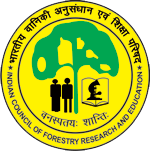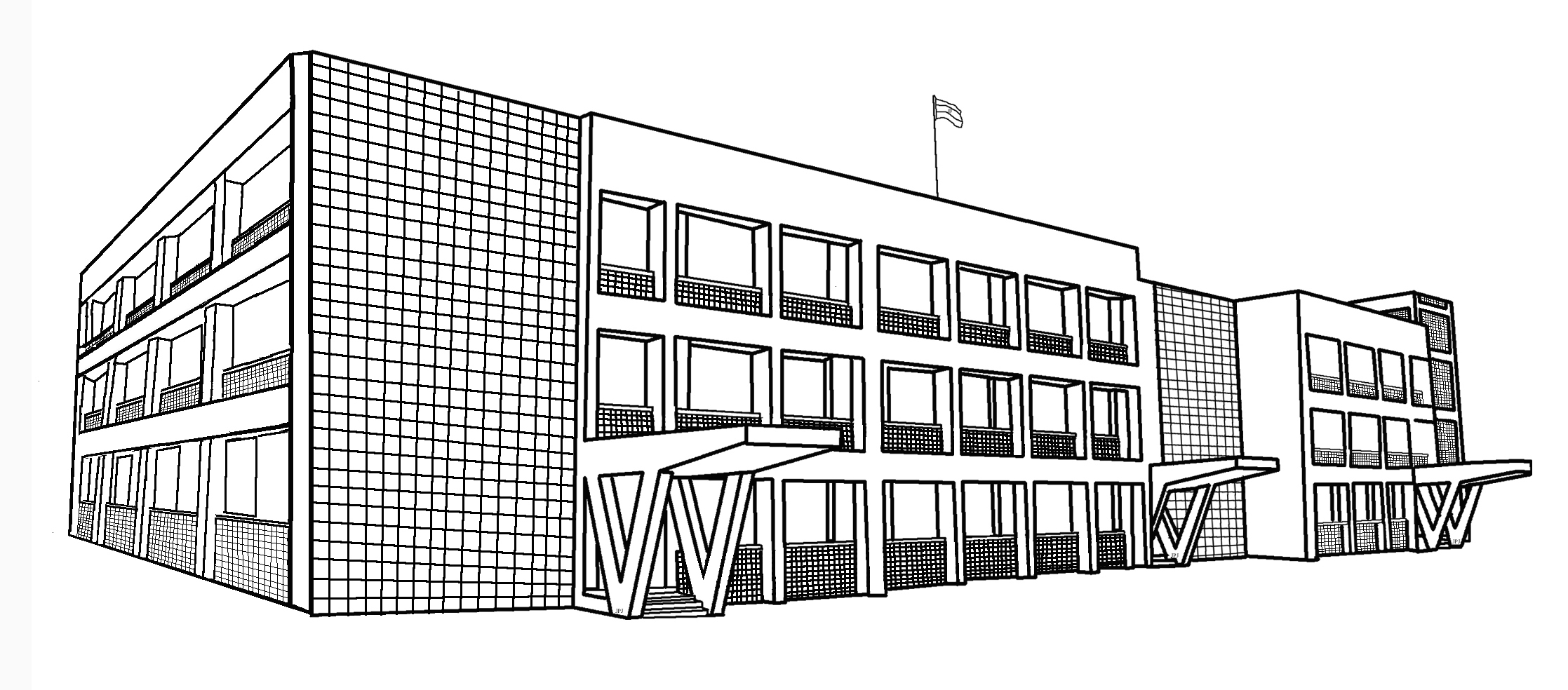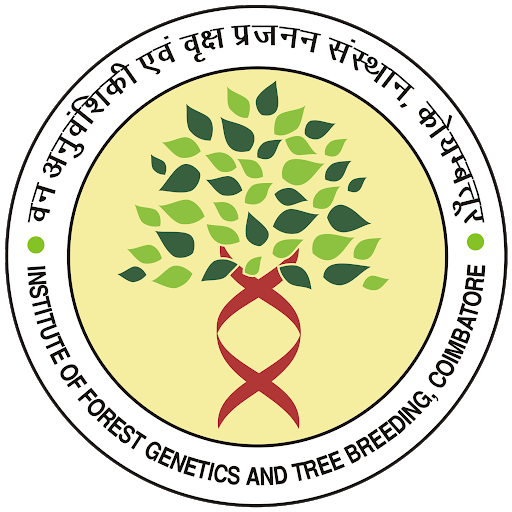Cell Culture Lab
The Cell Culture laboratory was developed to conduct research in biochemistry, biotechnology, specifically focusing on metabolite analyses. Presently the major areas the laboratory works include:
- Metabolite profiling in medicinal plants.
- Biochemical studies associated with physiological changes.
- Marker studies for genetic diversity
The laboratory presently supports projects funded by ICFRE and National Medicinal Plants Board. The projects include:
- Bioproduction of secondary metabolites from Aegle marmelos (NMPB)
- Development of macro and micropropagation techniques for Melia dubia Cav. for planting stock production (ICFRE)
- Studies on response of important tree species to elevated CO2 levels at seedling stage (ICFRE)
- Developing cloning techniques forraising high yielding clonal plantations in Casuarina equisetifolia (ICFRE)
- Selection and conservation of red and sweet tamarind in southern India (ICFRE)
The laboratory is equipped with basic infrastructural facilities required for conducting research in the areas defined. The equipment maintained in the laboratory include Bioreactor, electrophoretic systems (vertical and horizontal), deep freezers (-200C), refrigerated centrifuge, UV visible spectrophotometer, freeze drier, water bath, High Pressure Liquid Chromatography system, Hot air oven, Fume hood, Bioreactor, gel rocker, etc..
Walk-in store cool
The institute has a well-established seed bank in order to facilitate ex-situ conservation of forestry seeds. In the perspective of biodiversity conservation and to conduct storage trials on seeds the seed bank is equipped with three walk-in store cool chambers for large-scale storage facility. A deep freezer and a refrigerator also serve as storage devices for maintaining very low temperature ranges upto -5 ℃.
It is provided with equipments such as Gravity Separator, Ro-tap sieve shaker with test-sieves and Dacota type seed blower which help in seed cleaning and grading of various seed types. Sampling devices namely Boerner Sampler and Sample Divider aid in reducing the size of seed composite sample into submitted and working samples.
The seed bank also hosts a carpellarium that guides identification of different forest seeds originating from diverse forest types and helps in purity analysis.





